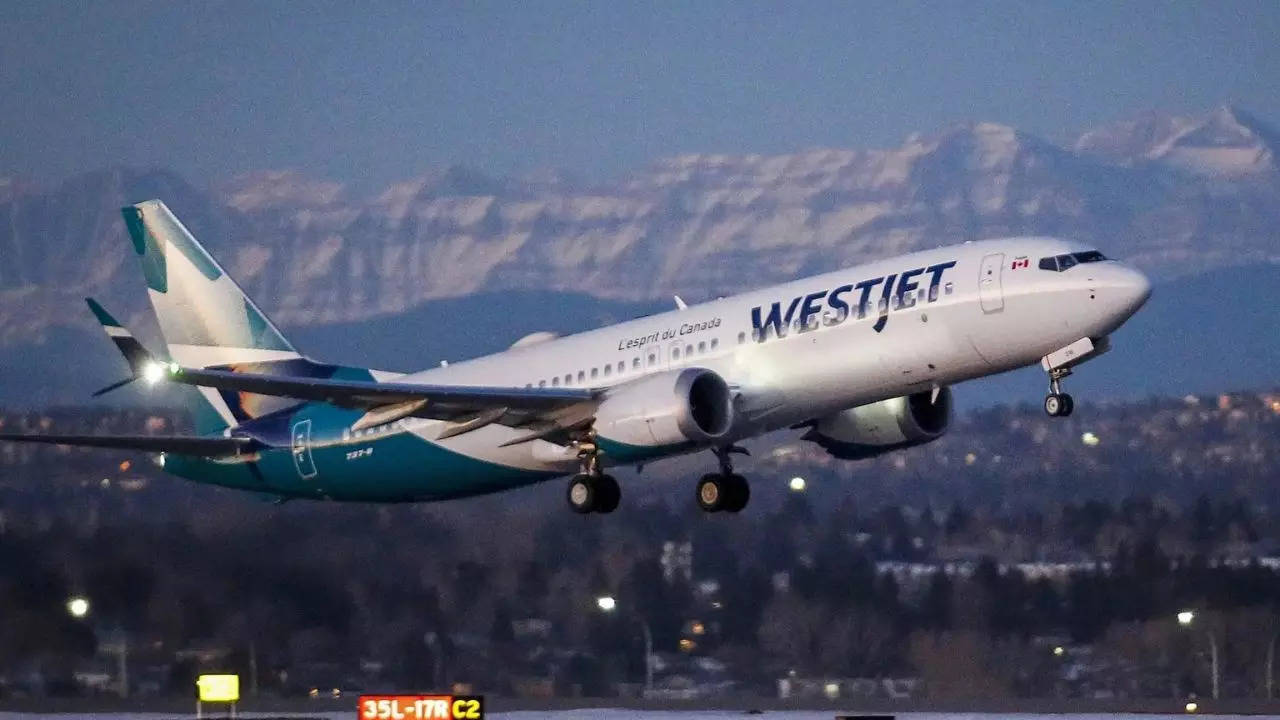Israeli Defense Minister travels to the US for “critical” talks on Gaza war

Israeli Defense Minister Yoav Gallant traveled to Washington on Sunday to discuss the Gaza war that has been raging since October 7 and the increasing cross-border tensions with the Lebanese Hezbollah movement.
The visit, which Gallant said would include meetings that are “critical to this war,” followed a series of public comments by Israeli Prime Minister Benjamin Netanyahu on military aid that further strained relations with the White House.
Netanyahu has accused Israel’s closest ally and largest arms supplier, the United States, of freezing some arms and ammunition shipments. On Sunday he told his cabinet that supplies had dropped sharply “about four months ago.”
With the exception of a shipment of heavy 2,000-pound bombs, which Washington acknowledged is being reviewed, U.S. officials have firmly rejected Netanyahu’s claims about the weapons.
“I hope and believe that this problem will be resolved in the near future,” said Netanyahu, who is facing increasing pressure from Israeli protesters demanding an agreement to release the hostages still held in Gaza.
US President Joe Biden is at odds with Israel’s veteran right-wing politician over the rising number of civilian deaths in the Gaza Strip during the more than eight-month war that was sparked by Hamas’s attack on southern Israel on October 7.
As he prepared to leave for Washington, Gallant said, “Our relationship with the United States is more important than ever.”
On Sunday, Israeli forces bombed the Gaza Strip again. Medics and civil defense officials in the Hamas-ruled area reported deadly attacks on the city of Gaza in the north of the country.
Tensions have also arisen on Israel’s northern border with Lebanon. There, the Iran-backed Hezbollah movement is engaged in daily cross-border firefights with the army, which has increased fears of a full-scale war, particularly in the last two weeks.
Gallant said he would “discuss developments in Gaza and Lebanon,” adding: “We are prepared for any action that may be required in Gaza, Lebanon and other areas.”
– Fatal blows –
In the Gaza Strip, Israeli forces continued to attack targets and battle Hamas, the Islamist militant group that Israel promised to destroy in its October 7 attack. The war has devastated large parts of the coastal area.
United States officials expressed doubts about Israel’s goal of completely destroying Hamas.
In Gaza City, paramedics at Al-Ahli Hospital told AFP that at least five people were killed in an Israeli air strike on a facility run by the United Nations Relief and Works Agency for Palestine Refugees (UNRWA).
The Israeli military said its fighter jets had attacked militants “operating from buildings that formerly served as UNRWA headquarters.”
There was no initial comment from UNRWA, whose facilities had already been attacked previously.
Since the beginning of the war, several UNRWA buildings have been converted into shelters for displaced Palestinians.
AFPTV footage from the area showed Palestinian rescue workers and civilians pulling victims out from under the rubble.
At least seven people were killed in an early morning air strike on a family’s home in another part of Gaza, civil defense officials said.
A military statement said Israeli warplanes had attacked “dozens of terror targets throughout the Gaza Strip” in the past 24 hours.
As the Gaza war raged on, Israeli protesters took to the streets week after week, demanding greater efforts to bring the remaining hostages home.
At a rally in Tel Aviv on Saturday – billed by organizers as the largest yet – many protesters expressed anger and frustration at Netanyahu and his far-right allies, accusing them of prolonging the war and endangering the country’s security and the hostages.
Addressing the crowd, Yuval Diskin, a former head of Israel’s domestic intelligence agency Shin Bet, condemned Netanyahu as Israel’s “worst prime minister.”
– The war must stop –
The attack on southern Israel on October 7 killed 1,194 people, most of them civilians, according to an AFP count based on official Israeli figures.
The militants also took hostages, 116 of whom are still in the Gaza Strip, but the army says 41 people have died.
At least 37,598 people were killed in Israel’s retaliatory offensive, again mostly civilians, the Gaza Strip’s Health Ministry said.
“This war must stop,” said Umm Siraj al-Balawi, who survived in a makeshift shelter amidst rubble. Hanging sheets protected her young children from the scorching sun.
In Lebanon, Hezbollah said it had attacked military positions in northern Israel with attack drones after an Israeli strike in eastern Lebanon killed the commander of another armed group, Jamaa Islamiya.
The Israeli military said one of its soldiers was “seriously injured” as a result of a drone attack.
Last Tuesday, the military announced that a plan for an offensive in Lebanon had been “approved and confirmed.”
Hezbollah leader Hassan Nasrallah responded by threatening that in the event of a full-scale war, no part of Israel would be spared.
burs-jd/fz/ami/it



